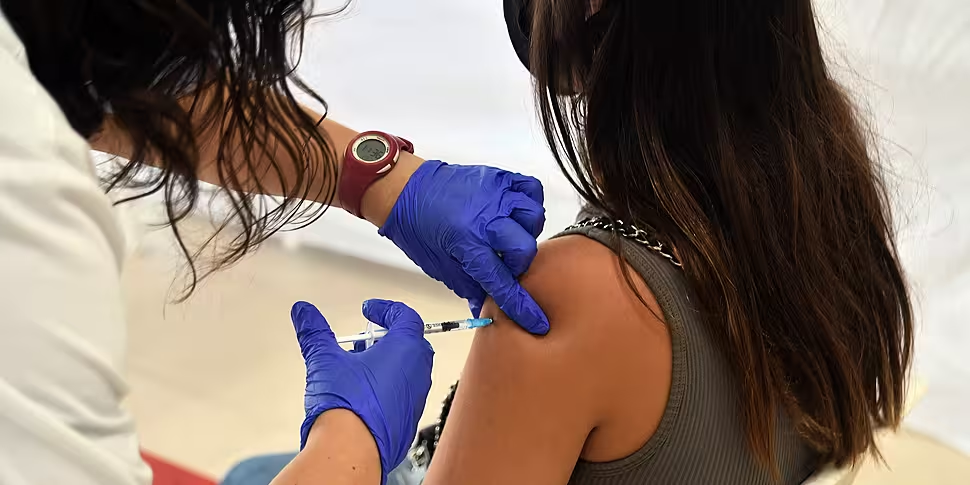A major new study has found that the protection offered by the Pfizer vaccine decreases at a faster rate than AstraZeneca.
The Oxford University study found that, while both vaccines offer excellent protection against serious disease, they are significantly less effective at preventing transmission of the Delta variant.
By conducting regular PCR tests on more than 700,000 randomly selected people, researchers found that both vaccines were highly effective at preventing transmission of previous variants.
Since the Delta variant arrived in the UK, the vaccines have been less able to block the virus – with vaccinated people who catch the virus able to carry the same viral load as unvaccinated people.
“The vaccines are better at preventing severe disease and are less effective at preventing transmission,” said Dr Koen Pouwels, one of the lead researchers of the study.
“The fact that you see more viral load (with the Delta variant) hints towards herd immunity being more challenging.”
The study found that, two weeks after the second dose, the Pfizer jab was 85% effective at preventing infection – considerably better than the AstraZeneca shot, which was 68% effective.
However, the protection offered by Pfizer waned more rapidly.
Three months after the second dose, it prevented 75% of infections, compared to 61% protection with the AstraZeneca jab.
The survey’s Chief Investigator, Professor Sarah Walker said: “We don't yet know how much transmission can happen from people who get COVID-19 after being vaccinated - for example, they may have high levels of virus for shorter periods of time.”
“But the fact that they can have high levels of virus suggests that people who aren't yet vaccinated may not be as protected from the Delta variant as we hoped.”
The study has been published as a pre-print and has not been peer-reviewed.
The researchers stress that real-world data shows that the vaccines are still highly effective at reducing hospital admission and death.
Additional reporting from IRN









